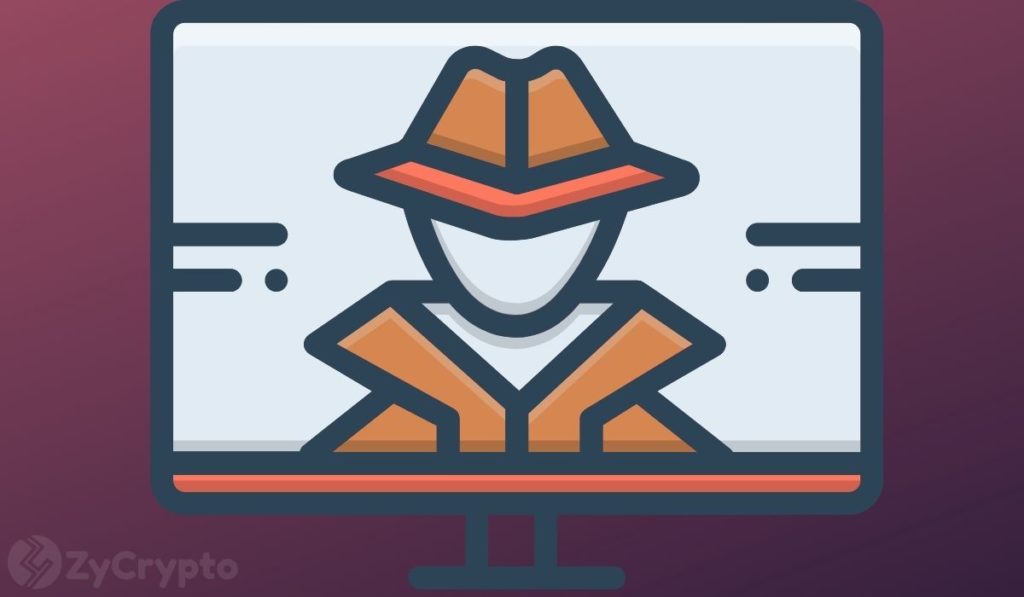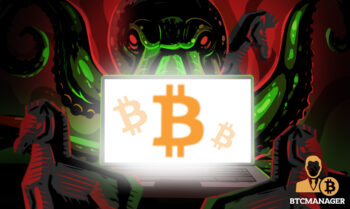2020-8-24 15:31 |
Quick Look:
Binance on the spot as authorities trace over $1 million in Bitcoin (BTC)-paid ransomware to the exchange. The exchange maintains it is working to curb all ransomware, money laundering, and illicit cash activities on its platform.
A new report from unnamed researchers points at Bitcoin as one of the contributors to increased hacking by popular ransomware, Ryuk – launched in 2018. According to Interpol, BTC is rising as a favorite option for hackers as the payment is given the privacy associated with the token. Since launch, over $61 million in BTC has been paid out to these Ryuk ransomware attackers, FBI reported.
Ransomware is a hack that sees attacker encrypt files on personal computers and then asking for payment to decrypt the files. These hacks are skyrocketing with the advent of remote working as companies look for ways to deal with the global COVID-19 pandemic.
A compiled report from the researchers further pointed at Binance, the world’s largest crypto exchange, as one of the channels these attackers are using to exchange the crypto ransoms into cash.
Read More: Ransomware Demands Jump 200% In 2019: Crypsis Report
Binance and the Ransomware BTCThe largest crypto exchange in the world is at the forefront of these ransomware attacks, with over $1 million in crypto cashed out at the exchange since Ryuk’s launch. One wallet connected to the Ryuk attacks has received over 2,795 BTC since its creation in January 2018.
“Out of the 63 sampled transactions worth around $5,700,000, it was found that over $1 million was sent from the hacking team wallets to the Binance exchange platform to cash out their ransom payments,” the researchers speaking to Forbes reported.
“Thirteen other bitcoin addresses associated with Ryuk, containing a total of $1,064,865, followed a similar pattern. All were sent from the hackers’ wallets to several other addresses, and eventually to Binance, enabling them to cash out their ransom payments.”
The rest of the amount is being held across several exchanges – yet to be fully identified.
Binance responds: “There’s no easy answer!”The researchers shared their findings with the exchange, who were quick to respond that they are fixing up security and KYC measures on their platform. Despite the “safety of customers and the integrity of the broader crypto space” at the center of Binance’s goals, the practical tracking of illicit acts on the platform is not easy.
One of the reasons is that the network is intertwined such that stopping bad actors could affect other users. An anonymous source from Binance said,
“If you clamp down with policies and procedures in order to try to slow these bad actors, it negatively affects all the innocent users. [There's] no easy answer.”
However, Binance is enhancing its efforts through “in-platform analysis,” partnerships with external firms such as Chainalysis, and also follow-ups through social media platforms.
origin »Bitcoin price in Telegram @btc_price_every_hour
Bitcoin (BTC) на Currencies.ru
|
|



















